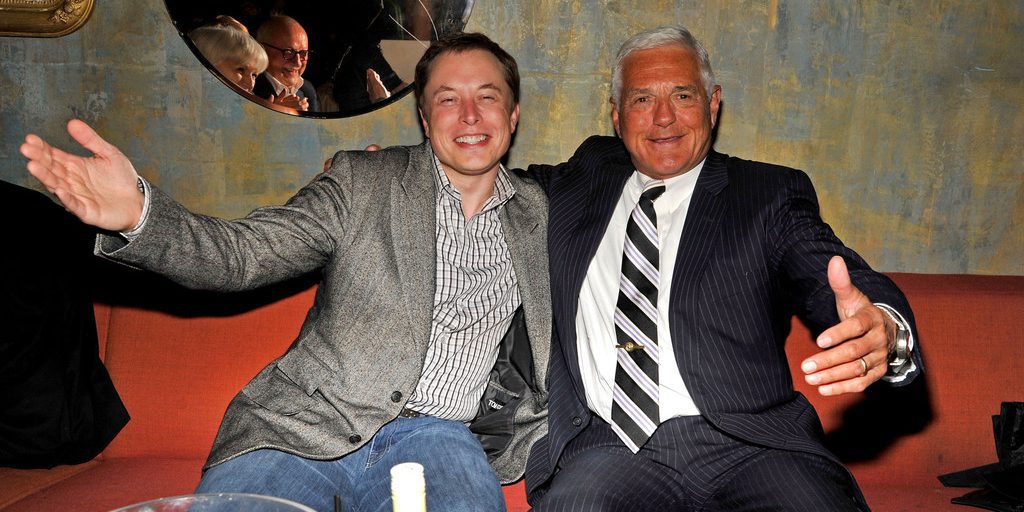Former General Motors executive Bob Lutz has written an article for Automotive News that stresses that the end of the automotive era is near. Soon “it will be the well-to-do, to the amazement of all their friends, who still know how to drive.”
In fact, Lutz boldly predicts that the human-driven automobile, its repair facilities, its dealerships, and the media surrounding it all will be gone in 20 years.
So auto retailing will be OK for the next 10, maybe 15 years as the auto companies make autonomous vehicles that still carry the manufacturer’s brand and are still on the highway.
But dealerships are ultimately doomed. And I think Automotive News is doomed. Car and Driver is done; Road & Track is done. They are all facing a finite future. They’ll be replaced by a magazine called Battery and Module read by the big fleets.
Lutz said public acceptance of autonomous vehicles is not the first step to adoption. Instead, big fleets owned by Uber, Lyft, FedEx, UPS, the U.S. Postal Service, utility companies, and delivery services will bring autonomous vehicles to the roads in the millions.
These modules won’t be branded Chevrolet, Ford or Toyota. They’ll be branded Uber or Lyft or who-ever else is competing in the market.
The manufacturers of the modules will be much like Nokia — basically building handsets. But that’s not where the value is going to be in the future. The value is going to be captured by the companies with the fully autonomous fleets.
Lutz said that unless automakers develop superior technical capability, they become the “handset providers” with specifications set by the big transportation companies. He believes this transition will be complete in 20 years.
“I think probably everybody sees it coming, but no one wants to talk about it,” he said.
Lutz’s career in the car industry included positions at BMW, Chrysler, Ford and GM, where he served as vice chairman. In 2008, Lutz said that “the electrification of the automobile is inevitable,” but has been skeptical of automakers like Tesla’s ability to turn a profit.
In fact, Lutz boldly predicts that the human-driven automobile, its repair facilities, its dealerships, and the media surrounding it all will be gone in 20 years.
So auto retailing will be OK for the next 10, maybe 15 years as the auto companies make autonomous vehicles that still carry the manufacturer’s brand and are still on the highway.
But dealerships are ultimately doomed. And I think Automotive News is doomed. Car and Driver is done; Road & Track is done. They are all facing a finite future. They’ll be replaced by a magazine called Battery and Module read by the big fleets.
Lutz said public acceptance of autonomous vehicles is not the first step to adoption. Instead, big fleets owned by Uber, Lyft, FedEx, UPS, the U.S. Postal Service, utility companies, and delivery services will bring autonomous vehicles to the roads in the millions.
These modules won’t be branded Chevrolet, Ford or Toyota. They’ll be branded Uber or Lyft or who-ever else is competing in the market.
The manufacturers of the modules will be much like Nokia — basically building handsets. But that’s not where the value is going to be in the future. The value is going to be captured by the companies with the fully autonomous fleets.
Lutz said that unless automakers develop superior technical capability, they become the “handset providers” with specifications set by the big transportation companies. He believes this transition will be complete in 20 years.
“I think probably everybody sees it coming, but no one wants to talk about it,” he said.
Lutz’s career in the car industry included positions at BMW, Chrysler, Ford and GM, where he served as vice chairman. In 2008, Lutz said that “the electrification of the automobile is inevitable,” but has been skeptical of automakers like Tesla’s ability to turn a profit.
Last edited by a moderator:




